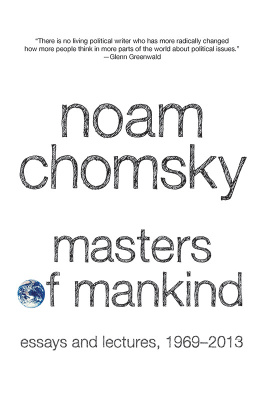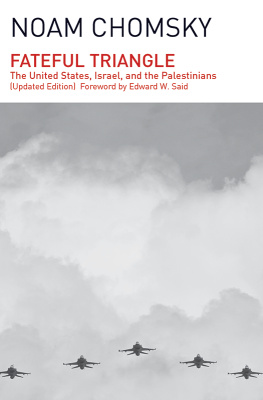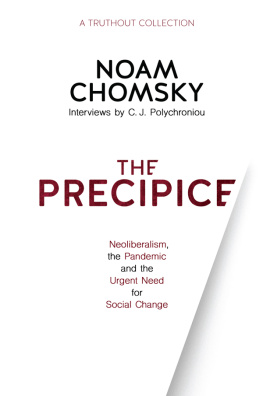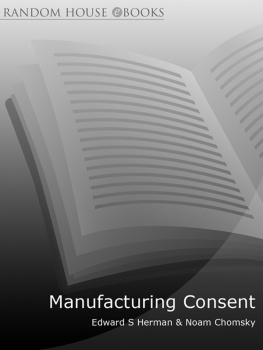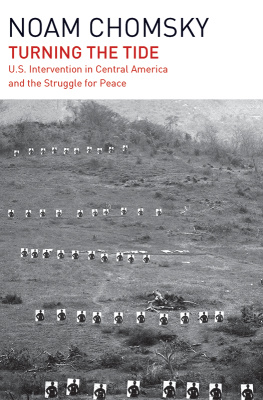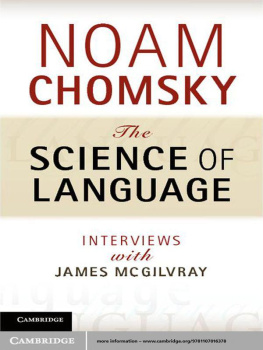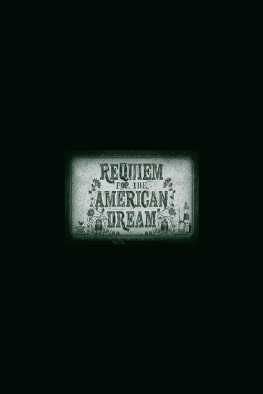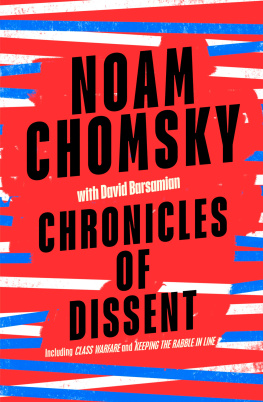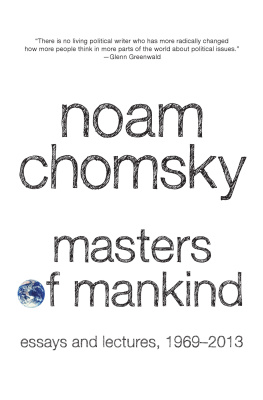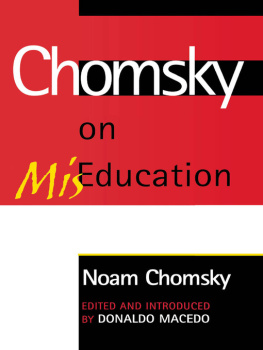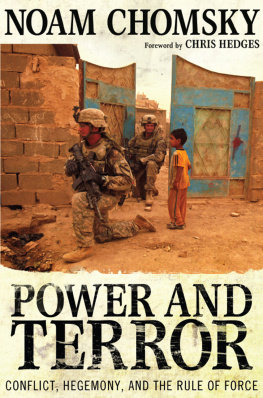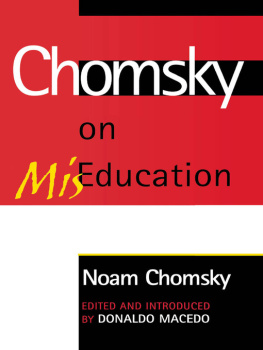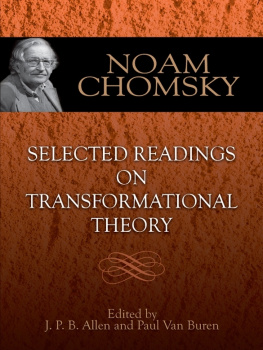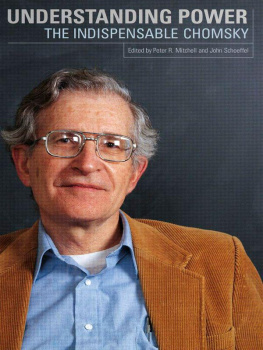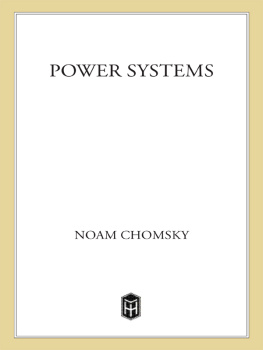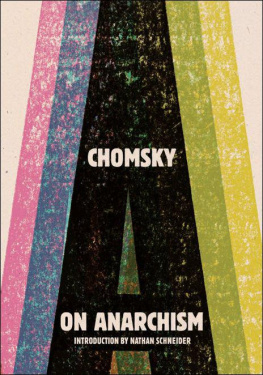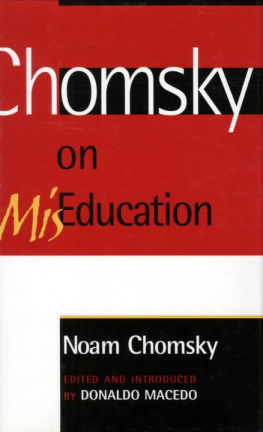Contents
Four
Consent Without Consent: Reflections on the Theory and Practice of Democracy
The current moment is an opportune one to reflect on core issues of American democracy. The 1996 primary season is over, and the two presumed candidates are heading on to the campaign itself. As always, the primaries had extensive media coverage. There was also an unprecedented flow of funds, far more than in 1992, though only one nomination was contested. But a few things were missing, and these may be the most enlightening aspect of the primary season.
The first notable gap was voters. Apart from New Hampshire, where one-fourth of the electorate took part, participation ranged from 3 percent to 11 percent in the primaries that gave Robert Dole his victory, with about 1 million votes. The scanty voting was carried out with great hasteand not that much deliberation, New York Times electoral analyst Richard Berke reported; and was skewed toward the wealthy, as usual. Whatever may have been taking place, it did not seem to be of much interest to the general population.
Also missing is much of a difference between the two presidential candidates. Both are (in effect) moderate Republicans and longtime government insiders, basically candidates of the business world. A few months after Bill Clinton took office, the lead story in the Wall Street Journal reported approvingly that the President is Wooing, And Mostly Pleasing, Big-Business Leaders. The story is headed Unlikely Allies, but that is hardly a reflection of Clintons earlier record or campaign literature, as the news report tacitly recognized. The Journal was pleased that on issue after issue, Mr. Clinton and his administration come down on the same side as corporate America, eliciting cheers from CEOs of major corporations, who are delighted that were getting along much better with this administration than we did with previous ones, as one put it.
A year later, the Journals enthusiasm was unabated. The Clinton record is surprisingly pro-businessand centrist, it reported with needless puzzlement. With the help of congressional Republicans, the special interests have been able to break him, gratifying the US Chamber of Commerce, corporate lobbyists, insurance firms, and the like. Only some special interests have lost out with Democrats in control of both the Presidency and Congress: unions, who had a very sparse two years, the Washington Post reported, while business made out like a bandit, achieving virtually all of its objectives while blocking labor and progressives at every turn.
Aspirations rose several notches higher with the narrow electoral victory of the Gingrich Republicans in November 1994. A year later, Business Week reported that most CEOs feel that the 104th Congress represents a milestone for business: Never before have so many goodies been showered so enthusiastically on Americas entrepreneurs. The headline reads BACK TO THE TRENCHESappetites are unabated, and an interesting wish list follows. The message was sent to corporate lobbyists in Washington, whose numbers reached 23,000 by the late 80s, up from 365 twenty-five years earlier. The number of corporate lawyers expanded at the same rate, along with a huge increase of other programs to overcome the crisis of democracy that arose in the 1960s when sectors of the population that are expected to be passive and obedient sought to enter the public arena.
With such allies, business had little time for the Clinton variety of support. When Ron Brown died in a plane crash in April 1996, the Wall Street Journal reported that corporate America lost its most tireless and unabashed advocate in the administration, one who made stumping for companies his trade-mark mission. But though he Worked Tirelessly for U.S. Industry, the headline read, Brown Got Little Support From Business in Return. Not surprisingly, given the alternatives then available within the political system.
In 1993, however, the best that business leaders could find was someone who consistently came down on their side. And in 1996 they have to satisfy themselves with candidates located somewhere between an improvement over Reagan-Bush and even more loyal service to corporate America.
The November 1993 Journal report on Clintons surprisingly good behavior was more nuanced than I just indicated. Like Democratic presidents generally, it pointed out, Clinton tends to appeal more to big corporations than to the legions of small-business owners. The Journal was identifying a fault line that has run through the US political system for many years, separating more capital-intensive, high tech, internationally oriented business from other sectorsroughly, the division represented by the Business Council and Business Roundtable, on the one hand, and the US Chambers of Commerce and the National Association of Manufacturers, on the other. The latter are not small, quite often, but are somewhat different in character. The far-reaching consensus of the business world has long set the general framework of the political system, but there are internal divisions, this being one, a matter illuminated particularly by Thomas Fergusons important work.
Returning to the 1996 primary season, money and publicity were present in abundance, but not voters or much difference in outcome. Public attitudes shed further light on the functioning of the democratic system. More than 80 percent of the public think that the government is run for the benefit of the few and the special interests, not the people, up from about 50 percent for similarly worded questions in earlier years. Over 80 percent believe that the economic system is inherently unfair, and that working people have too little say in what is going on in the country. More than 70 percent feel that Business has gained too much power over too many aspects of American life and has benefited more than consumers from government deregulation. Two-thirds say that the American dream has become harder to achieve since the 1980s. And by what Business Week calls a stunning 95%-to-5% majority, the public believes that corporations should sometimes sacrifice some profit for the sake of making things better for their workers and communities. Such figures are rarely found in polls.
Public attitudes remain stubbornly social democratic in important respects, as they have since the New Deal years. The resilience of such attitudes is particularly striking in the light of what people constantly hear, and are authoritatively told about themselves.
The consistency between public attitudes and the record of the primaries suggests some conclusions, not for the first time. But these are not the ones that have regularly been drawn, for example, by the Journal , which reported in 1992 that 83 percent of the public think that the rich are getting richer, the poor are getting poorer, and the economic system is inherently unfair. The conclusion drawn was that people are angry at their well-paid politicians and want more power to the people, not more power to the government. That interpretation of popular discontent with the economic system reflects two essential principles that doctrinal institutions have labored to implant in the public mind. The first is that government cannot be of, by, and for the people, responsive to their interests and subject to their will and influence; rather, it is their adversary. The second principle is that private power does not exist, even though the Fortune 500 control almost two-thirds of the domestic economy and much of the international economy, with all that that entails.
In short, there is a conflict between the government, which is the enemy, and the people, who are living the American dream together: the sober working man, his loyal wife (now maybe with a job herself), the hardworking executive toiling for the benefit of all, the friendly banker eager to lend money when needed, all a model of harmony, their happy lives disrupted only by outsiders and un-Americans of various sortsunion organizers and other riffraff. That is the picture that has been diligently crafted by the Public Relations industry, vastly expanded after the shock of popular organizing in the 1930s shattered the belief that the end of history had been reached in a kind of utopia of the masters. With some variants, the picture has endured in business propaganda, the entertainment industry, and much of the popular and intellectual culture.
Next page
